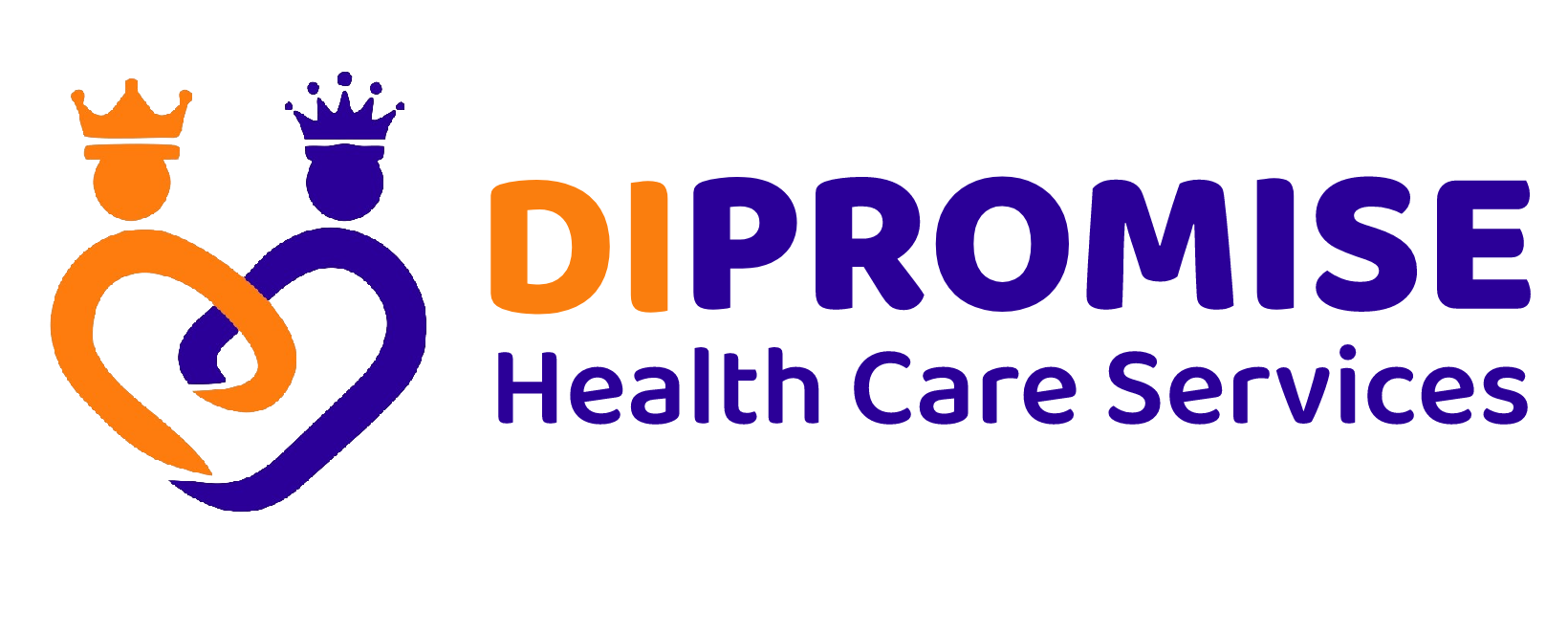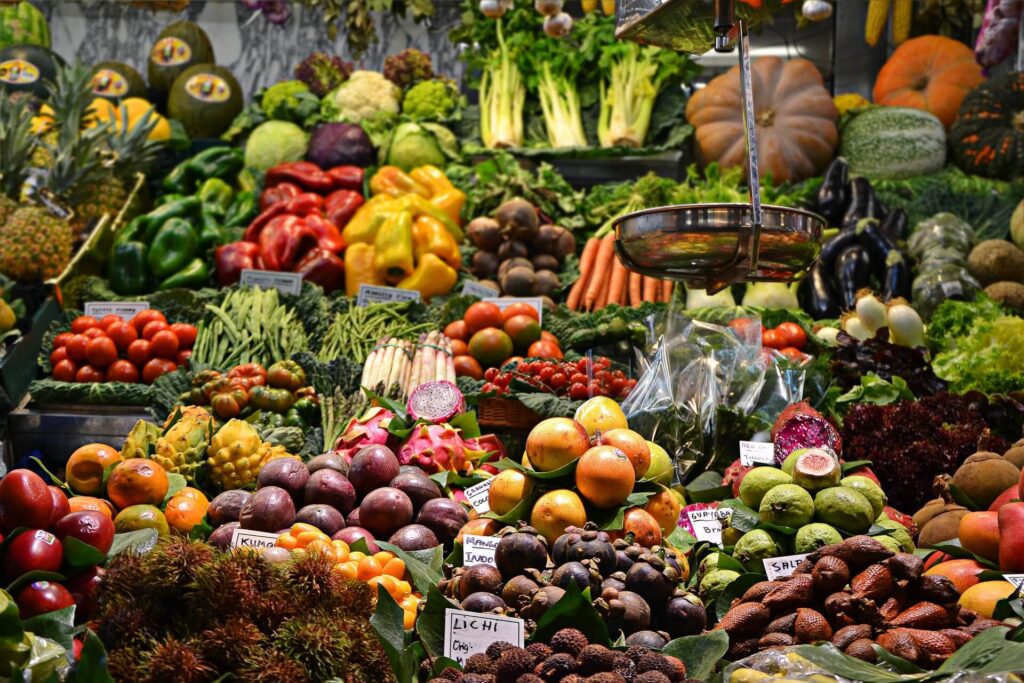Giving yourself a healthy diet is also an important part of taking care of your heart, and some foods are particularly attractive in this regard because of their nutrient profiles. There’s a lot of things you can do to help keep your heart healthy and disease-free. You can schedule an annual checkup, exercise daily, quit smoking, or take steps to reduce the level of stress in your life.
All of these things can have a positive effect on heart health. But, one of the simplest lifestyle changes that will benefit your heart is watching what you eat. The American Heart Association suggests a diet rich in fruits and vegetables, whole grains, low-fat dairy products, poultry, fish, and nuts. And in this article, we provide you with some of the best foods for ensuring that you keep a robust and healthy heart.
1. Whole Grains
Whole grains provide vitamins, minerals, and fiber that will help to keep your heart healthy and lower “bad” LDL cholesterol and triglycerides. Oats, in particular, are worth reaching for. Oats contain a soluble fiber called beta-glucan that helps reduce total cholesterol and LDL cholesterol. One 2015 study in the American Journal of Nutrition found that whole-grain oats might be the most effective whole grain for lowering cholesterol.
Enjoy oatmeal with just a small amount of brown sugar and plenty of strawberries and walnuts for breakfast. Cold cereals made with oats are also good for you—just be sure to choose brands that don’t contain extra sugar.
2. Berries
Berries are also full of antioxidant polyphenols, which help to reduce heart disease. Berries are a great source of fiber, folate, iron, calcium, vitamin A, and vitamin C, and they are low in fat.
Try blueberries, strawberries, blackberries, or raspberries in cereal or yogurt.
3. Green Leafy Vegetables
Leafy greens are packed with compounds that benefit your heart and vascular system. They are also rich in fiber, which can lower bad cholesterol and reduce heart disease. Leafy green vegetables like spinach, kale, and collard greens are well-known for their wealth of vitamins, minerals, and antioxidants. They are also a great source of vitamin K, which helps protect your arteries and promote proper blood clotting.
Leafy greens taste great and are low in calories. Use fresh spinach leaves as a salad green or serve Swiss chard or kale as a side dish.
4. Red Apples
Apples have been linked to lower the risk of heart disease. This is because they contain many different compounds that improve various factors related to heart health. For example, they contain a phytochemical called quercetin which acts as a natural anti-inflammatory agent.
Apples contain soluble fiber, the kind that may lower bad cholesterol. They also contain polyphenols, known for their antioxidant effects. One polyphenol, in particular, called flavonoid epicatechin, may help to lower blood pressure.
Apples come in several delicious varieties and are portable. Eat an apple with a handful of walnuts or almonds as a healthy snack, or add sliced apple to your salads.
5. Asparagus
Asparagus is very high in vitamin K which aids blood clotting. It also contains a high level of vitamin B complex which helps regulate homocysteine (amino acid), which is a risk factor in heart disease. Asparagus has more than one gram of soluble fiber per cup, which lowers the risk of heart disease, and the amino acid asparagine helps the body flush out excess salt.
Asparagus is a nutritious and delicious vegetable that can be eaten every day.
6. Walnuts
Walnuts are a great source of fiber and micronutrients like magnesium, copper, and manganese. Research has found that people who are at risk of a heart attack can cut their risk by eating a healthy diet that includes nuts. Walnuts help lower your low-density lipoprotein (LDL or “bad”) cholesterol and triglyceride levels, which play a major role in the buildup of deposits called plaques in your arteries
Walnuts also improve the health of the lining of your arteries and help in reducing the risk of developing blood clots, which can lead to a heart attack and death.
Interestingly, some studies have also found that regularly eating nuts such as walnuts are associated with a lower risk of heart disease.
7. Liver
Of all the organ meats, liver is the most nutrient-dense. In particular, liver is bulging with folic acid, iron, chromium, copper, and zinc, which increase the blood’s hemoglobin level and help to keep our heart healthy.
8. Salmon
Salmon is one of the best sources of two long-chain omega-3 fatty acids, EPA and DHA. One 2012 analysis of studies found that as little as 0.45 to 4.5 grams of omega-3 fatty acids (about 3 ounces of salmon) can bring about significant improvement to arterial function.
Not only is salmon delicious, but it also has a delicate, less fishy taste compared to other fatty fish, such as sardines. And it can be prepared in a variety of ways—steamed, sautéed, grilled, or smoked. According to the American Heart Association (AHA), we should eat a 3.5-ounce serving of fatty fish — such as salmon, mackerel, herring, lake trout, sardines, or albacore tuna — at least twice per week.
9. Tomatoes
Tomatoes are packed with vitamins, and concentrated tomato products are high in lycopene. Adding lycopene to your diet may help protect your heart, especially if your current diet isn’t giving you all the antioxidants you need.
Tomatoes are chock-full of fiber, potassium, vitamin C, folate, and choline, which are all good for the heart.
10. Beans
Beans contain resistant starch, which resists digestion and is fermented by the beneficial bacteria in your gut. According to some animal studies, resistant starch can improve heart health by decreasing blood levels of triglycerides and cholesterol. Multiple studies have also found that eating beans can reduce certain risk factors for heart disease.
In one study in 16 people, eating pinto beans reduced levels of blood triglycerides and “bad” LDL cholesterol.
One review of 26 studies also found that a diet high in beans and legumes significantly decreased levels of LDL cholesterol. What’s more, eating beans has been linked to reduced blood pressure and inflammation, both of which are risk factors for heart disease




